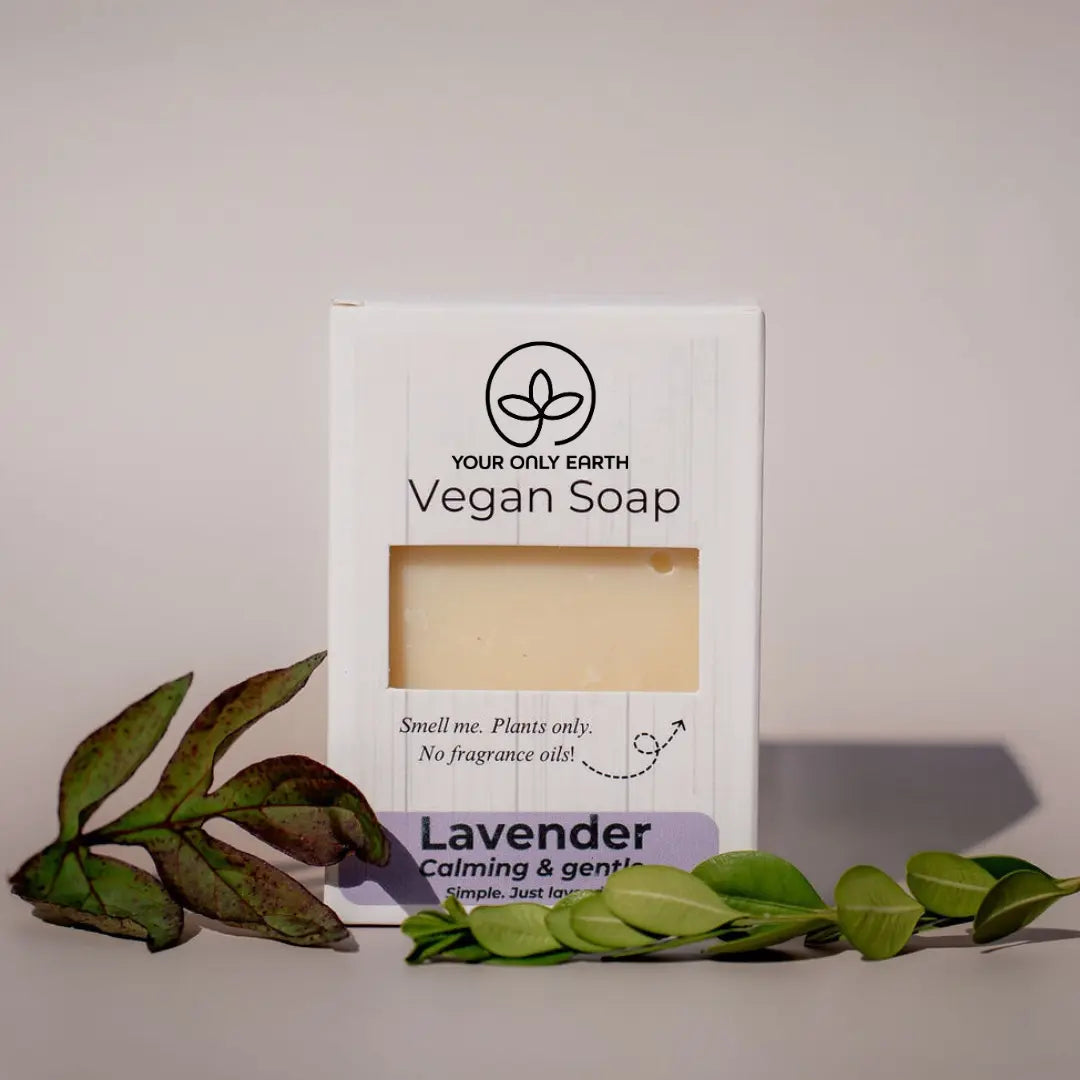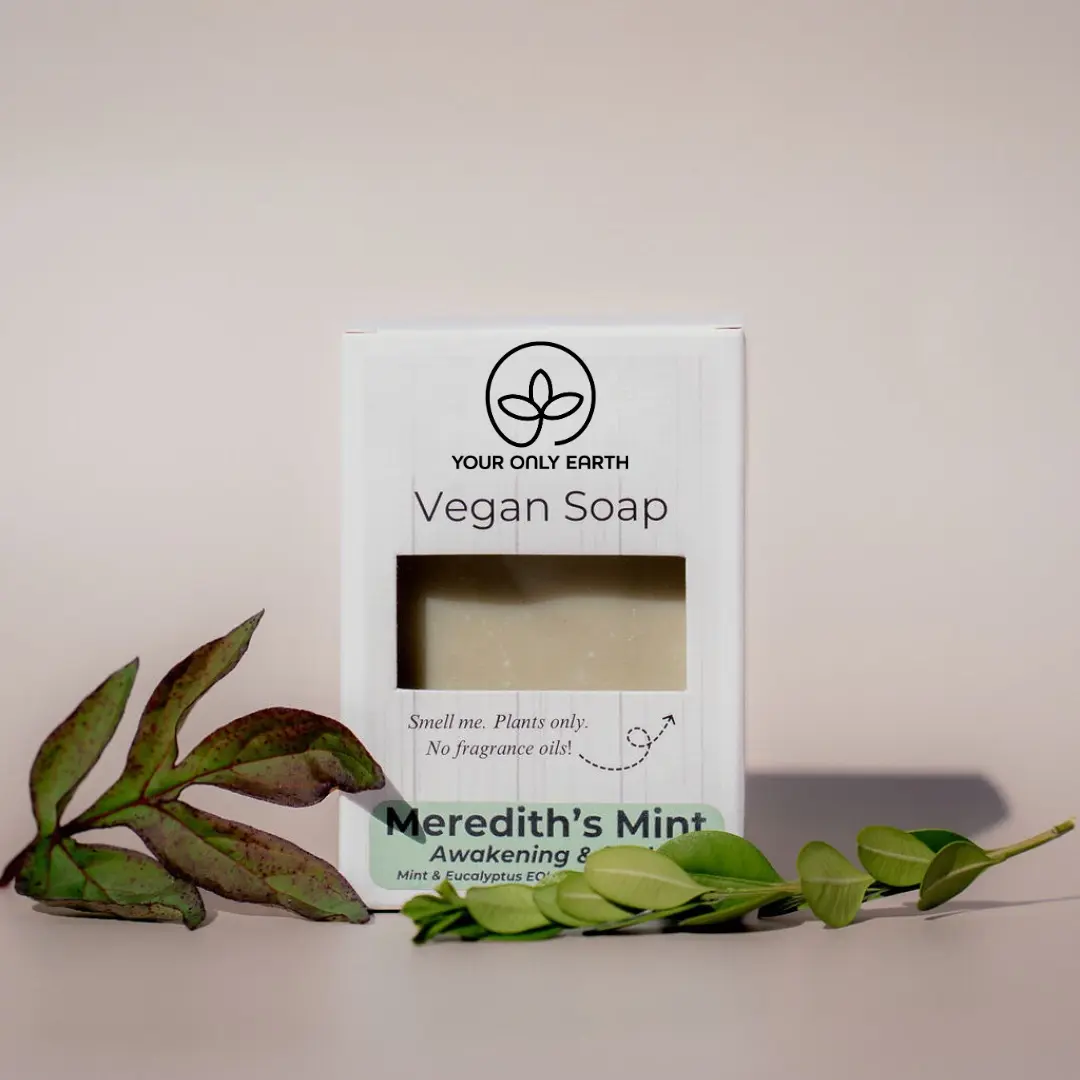Sensitive skin requires special care, and choosing the right products is essential to avoid irritation and maintain skin health. Our soap, made from organic ingredients and free from harsh chemicals, presents an ideal solution for those with delicate skin. In this blog, we will explore the benefits of using natural soap, common ingredients to look for, and how to make informed choices for your skincare routine.
Understanding Sensitive Skin
Sensitive skin can react adversely to products, environmental changes, and stress, leading to discomfort such as tightness, itching, or inflammation. It’s essential to understand these signs to choose suitable skincare products that offer the gentle care your skin needs.
Several factors can contribute to sensitive skin, including genetics, hormonal changes, and exposure to harsh environmental conditions. For instance, people living in areas with extreme weather can experience heightened sensitivity during seasonal transitions. Furthermore, the use of conventional soaps, which are laden with synthetic ingredients, can exacerbate skin issues, making it essential to choose gentler alternatives. EEK!
Recognizing the signs of sensitivity can help individuals to make informed decisions about their skincare routine. Redness, dryness, and flakiness are all indicators that one’s skin may be reacting unfavorably to certain ingredients, calling for a shift towards more soothing options. Natural soap, which often contains calming properties, can be a redeeming choice in such scenarios.
What Makes Cold-process Organic Soap Different?
YOE soap is distinct from conventional soaps due to its formulation, which prioritizes organic, plant-based ingredients over synthetic materials. My handmade soaps are crafted using traditional methods that retain the natural properties of oils, butters, and botanicals. This unrefined approach not only nourishes the skin but creates a more holistic cleansing experience.
One of the key differences lies in the absence of harsh chemicals found in many commercial products. Natural soap typically avoids sulfates, parabens, and artificial fragrances that can irritate sensitive skin. Instead, it harnesses the power of essential oils and natural preservatives, allowing your skin to absorb beneficial nutrients while remaining free from potential allergens.
Moreover, the process of making natural soap often includes the cold process method, which preserves the integrity of the ingredients used. As a result, natural soap is generally richer in glycerin, a byproduct of saponification that promotes moisture retention. This is particularly beneficial for sensitive skin, which is prone to dryness.
Benefits of Using Natural Soap for Sensitive Skin
One of the most significant benefits of using natural soap for sensitive skin is its gentle cleansing properties. Unlike traditional soaps, which can strip the skin of its natural oils, natural soap supports the skin’s moisture barrier. This is especially important for individuals with sensitive skin, as maintaining a healthy barrier helps prevent irritation and discomfort.
Natural soap also often contains beneficial botanical extracts that can soothe and heal the skin. Ingredients like calendula, chamomile, and aloe vera possess anti-inflammatory properties, making them perfect additions to soap formulations. These natural ingredients work synergistically to reduce redness and irritation, providing a calming effect for sensitive skin.
In addition to keeping your skin hydrated, natural soap supports overall skin health. The vitamins and minerals in its ingredients aid in skin regeneration and repair, offering a long-term solution for sensitive skin. Incorporating natural soap into your daily routine can lead to a more balanced and resilient complexion.
Choosing natural soap not only benefits your sensitive skin but also supports sustainability. By selecting products that prioritize eco-friendly practices, you’re helping to protect the environment. Many natural soap brands are committed to ethically sourcing their ingredients and reducing their ecological impact.
Key Ingredients to Look for in Cold-process & Organic Soap
When choosing natural soap, it’s vital to check the ingredients for compatibility with sensitive skin. Opt for soaps containing nourishing oils like olive, coconut, and jojoba oil, which hydrate and maintain skin elasticity. These oils are excellent emollients that help soothe and soften sensitive skin.
Essential oils, derived from plants, are another vital component to consider. Oils such as lavender and tea tree are not only aromatic but possess healing properties as well. For instance, lavender oil has calming effects that can alleviate irritation, while tea tree oil offers antibacterial benefits that can assist in keeping the skin healthy.
You should also watch for natural exfoliants like oatmeal or ground coffee in soap formulations. These ingredients are gentle on the skin while providing a natural means of sloughing off dead skin cells. Oatmeal, in particular, is known for its soothing qualities, making it an excellent choice for sensitive or inflamed skin.
Common Irritants in Conventional Soaps
Conventional soaps often contain a variety of ingredients that can trigger adverse reactions, particularly for those with sensitive skin. One common offender is sodium lauryl sulfate (SLS), a surfactant widely used to create lather. Although this ingredient is effective at removing dirt and oil, it can also strip the skin of its natural moisture, leading to dryness and irritation.
Another group of irritants found in many commercial soaps is synthetic fragrances. These fragrances, often derived from petroleum products, can provoke allergic reactions and exacerbate conditions like eczema. Individuals with sensitive skin are encouraged to avoid such fragrances and seek unscented or naturally scented alternatives.
Many conventional soaps also contain parabens, which are used as preservatives to extend shelf life. While parabens may be effective in preserving product integrity, recent studies have raised concerns regarding their potential impact on hormonal balance. For this reason, it’s advisable to steer clear of products with parabens and opt for natural soaps that utilize safer, plant-based preservatives.
Lastly, artificial colorants in soaps can be just as detrimental. These pigments, used to enhance visual appeal, can contribute to skin sensitivity. Choosing natural soap allows you to avoid the risk of these irritants while embracing formulations that celebrate the natural shades of their ingredients.
DIY Natural Soap Recipes for Sensitive Skin
Creating your own natural soap is not only rewarding but allows for complete control over the ingredients you use. To start, consider a simple recipe that combines olive oil, coconut oil, and shea butter as the base. These oils provide excellent hydration and nourishment, making them ideal for sensitive skin. Begin by gently melting the oils together in a double boiler and then mix in a carefully selected essential oil for fragrance, such as soothing lavender.
Once your base is prepared, pour the mixture into a mold, allowing it to set for at least 24 hours. After it has hardened, remove the soap from the mold and let it cure for an additional three to four weeks. This curing process ensures that the soap is ready for use and allows any excess moisture to dissipate, resulting in a harder, longer-lasting bar.
For those who enjoy experimenting, consider adding natural exfoliants like oatmeal or dried herbs into the soap mixture. These additions not only enhance the texture but also provide further benefits for sensitive skin. Oatmeal, in particular, can help soothe irritation and inflammation, making it a valuable ingredient.
As you embark on your DIY soap-making journey, remember to wear protective gear and work in a well-ventilated space. Safety should be a priority when handling lye, which is necessary for the saponification process. By mastering the fundamentals and customizing your ingredients, you can create a natural soap that perfectly meets your skincare needs. Just, please, be careful.
Embrace Natural Soap for Healthier Skin
I believe that my soap is a gentle yet effective choice for those with sensitive skin. And, just take a look at the reviews to see for yourself! By opting for products made with nourishing ingredients, you can ensure your skin receives the care it needs without the risk of irritation. YAY! Making the switch to natural soap not only promotes healthier skin but also supports ethical and sustainable practices in the beauty industry.


